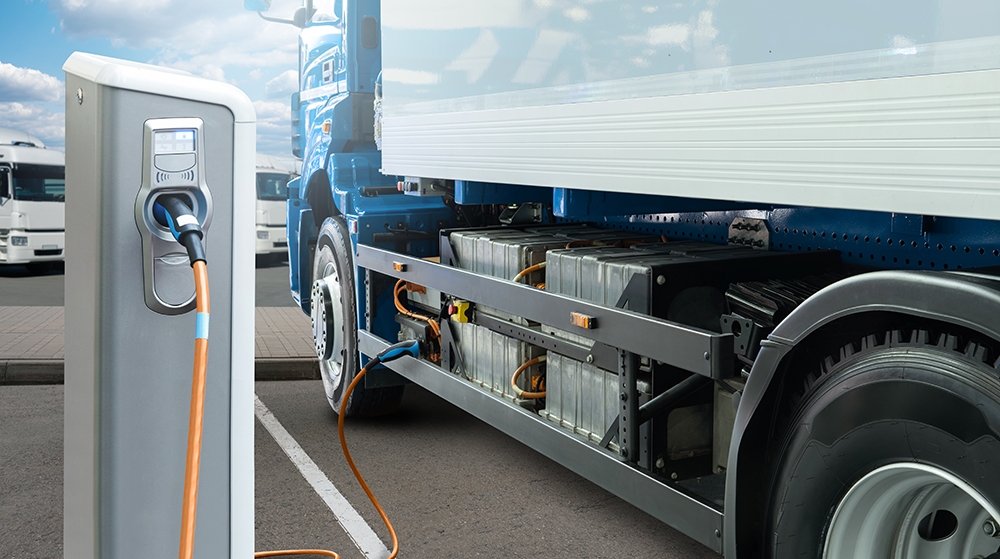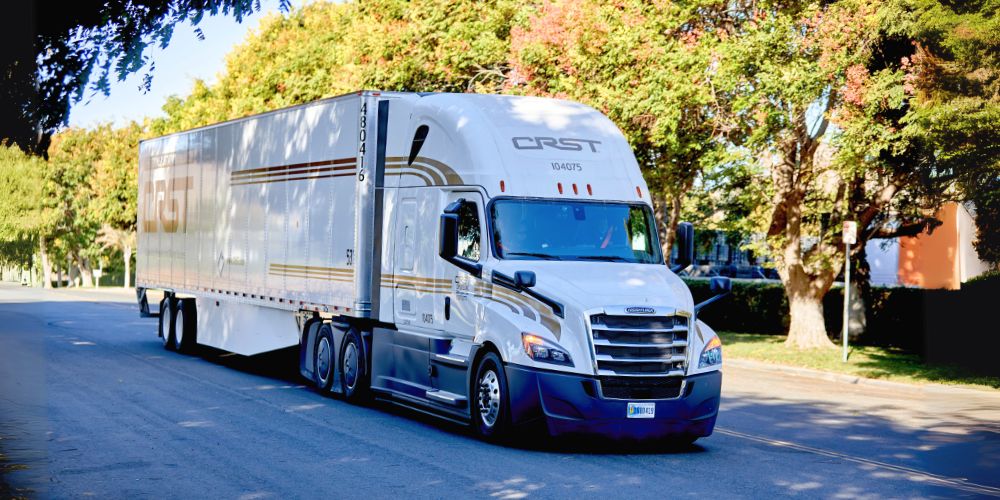According to a recent report, global energy-related CO2 emissions grew by 0.9% despite the continual stress on sustainability. The zero-emissions truck industry, however, is expanding to reduce the harmful emissions and pollutants it generates. Consider these numbers: delivery trucks and trailers compose around 4% of U.S. vehicles but create nearly half of nitrogen oxide emissions and almost 60% of fine vehicle particulates. There’s room for improvement. CRST is launching electronic vehicles as part of its commitment to zero emissions and truck driving life.
Why EV?
There are benefits of electric vehicles to the trucking industry and the environment. First, EVs reduce carbon emissions and expenses, including high fuel costs. National clean air standards have become increasingly stricter, yet e-trucks are expected to have fewer regulations due to quieter drivability and lowered emissions. Financially speaking, 45 states and the District of Columbia now provide an incentive for certain EVs, including tax credits or rebates to fleet acquisition goals, exemptions from emissions testing or utility time-of-use rate reductions.
Many major corporations are already on board with the EV phenomenon. FedEx, for example, announced plans to achieve carbon-neutral global operations by 2040. Amazon has committed to Shipment Zero, an initiative to deliver 50% of shipments with net-zero carbon by 2030, with an order of 100,000 custom electric delivery vehicles from Rivian.
Extra safety features.
Electronic vehicles also have updated safety features and amenities, making them safer than current gas and diesel vehicles. In fact, they have higher safety ratings from governmental agencies. Climate Nexus reports “reduced odds of injury in the case of an accident, lower personal injury claims, lower risk of rollover crashes, and lower risk of fire in the case of an accident.” For every 100,000 electric cars sold, just 25 experience a fire, compared to 1,529 for gas cars. “Runaway trucks” are also mitigated, thanks to regenerative braking that converts the vehicle’s kinetic energy into electric energy, which lets the driver maintain control even in a crisis. The benefits of electric trucks add up from reduced emissions and expenses to greater safety. It’s no wonder future-forward companies like CRST are adding them to their fleet.





